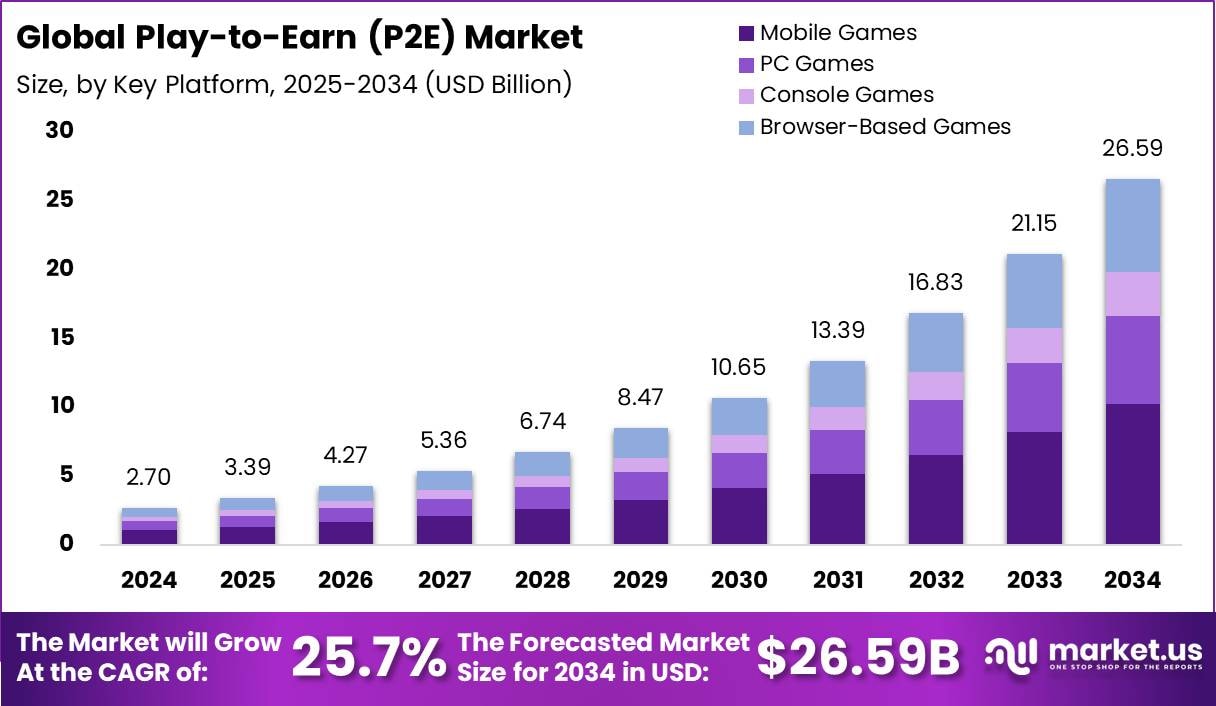BDP Engbu Insights
Your go-to source for the latest news and insights.
Level Up: How Crypto Gaming Trends Are Changing the Game
Discover how crypto gaming trends are revolutionizing the industry! Level up your knowledge and dive into the future of gaming today!
Exploring the Future: How Blockchain Technology is Revolutionizing Gaming
As we delve into the future of gaming, blockchain technology emerges as a significant game changer, reshaping the industry by introducing authenticity and ownership through decentralized systems. Unlike traditional gaming environments where players are restricted to centralized control, blockchain allows users to fully own in-game assets, such as skins, weapons, and virtual real estate. This paradigm shift not only enhances user experience but also promotes economic opportunities, enabling players to trade or sell their assets freely. Moreover, the transparency of blockchain facilitates a fairer gaming ecosystem, minimizing fraud and ensuring that players can trust the mechanism behind their games.
The potential of blockchain extends beyond ownership; it also paves the way for innovative gameplay experiences. Developers can create decentralized applications (dApps) that operate on blockchain platforms, enhancing interactivity and offering unique mechanisms such as play-to-earn models. In these systems, players can earn cryptocurrency or tokens by participating in the game, introducing a new dimension of financial incentive. Furthermore, through smart contracts, developers can automate in-game transactions, ensuring smooth operations and creating a seamless gaming experience. As the industry embraces this technology, we can expect an influx of creative game designs that harness the power of blockchain, ultimately leading to a more dynamic and inclusive gaming future.

Counter-Strike is a team-based first-person shooter that has become a cornerstone of competitive gaming. Players can engage in various game modes, utilizing teamwork and strategy to outsmart their opponents. For those looking to enhance their gaming experience, consider using a shuffle promo code to get some exciting bonuses.
Top 5 Crypto Gaming Trends to Watch in 2023
The world of crypto gaming is rapidly evolving, and 2023 is set to be a pivotal year for this innovative intersection of blockchain technology and entertainment. One of the most noticeable trends is the increasing integration of play-to-earn models, where players can earn cryptocurrencies and NFTs through gameplay. This not only enhances player engagement but also creates real economic opportunities for gamers, allowing them to monetize their time and skills in ways never before possible. As more developers adopt these models, we can expect a surge in games that reward players with valuable assets that can be traded or sold.
Another important trend to watch is the rise of metaverse gaming, where virtual spaces blend gaming, social interaction, and commerce. Companies are investing heavily in creating immersive worlds where players can interact, explore, and participate in various activities, all tied to blockchain for ownership of assets and digital identities. This shift signifies a movement towards more collaborative and community-driven gaming experiences, making it crucial for both players and developers to embrace the challenges and opportunities that come with this new paradigm.
Are Play-to-Earn Models the Future of Gaming?
The rise of play-to-earn models has sparked a significant conversation in the gaming community about the future of the industry. Traditionally, gamers have invested time and money into games without any financial return. However, with the emergence of blockchain technology and decentralized economies, players can now earn real-world value through their in-game activities. This shift not only allows players to monetize their skills and investments but also attracts a broader audience that values financial incentives. As these models gain traction, they may redefine how games are developed, marketed, and played.
Critics of play-to-earn models argue that they may lead to a decline in game quality, as profit motives could overshadow creative innovation. Nonetheless, proponents believe that this new economic structure encourages developers to create more engaging and rewarding experiences. By integrating play-to-earn mechanics, games can foster vibrant economies where players feel a sense of ownership and purpose. Whether you're a casual gamer or a serious competitor, the potential benefits of these models suggest that the future of gaming is increasingly likely to incorporate elements of play-to-earn systems.